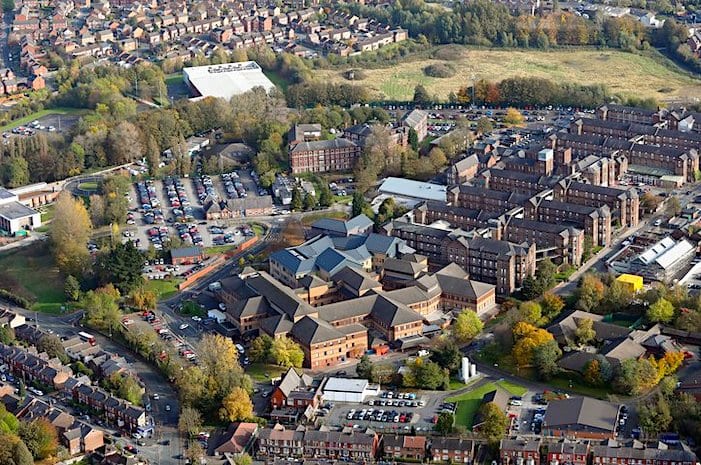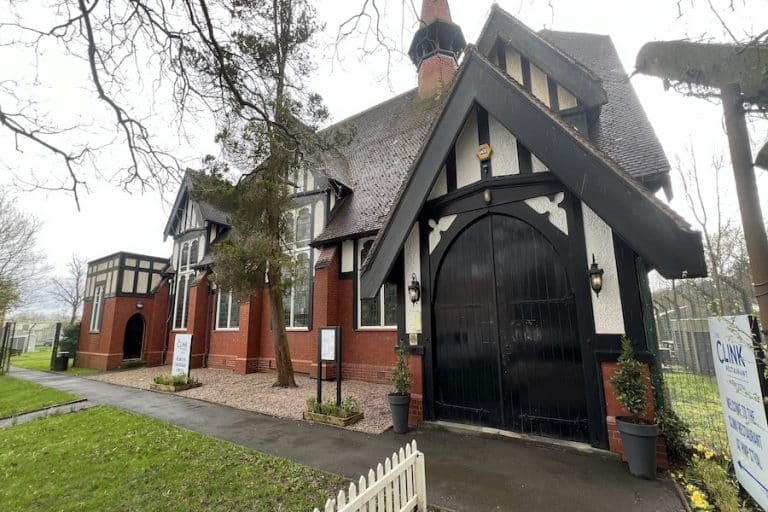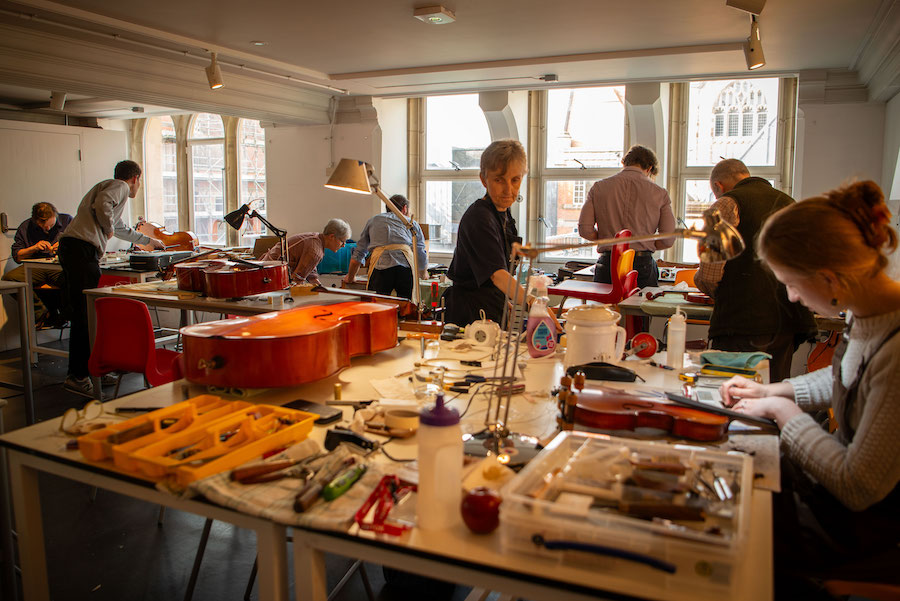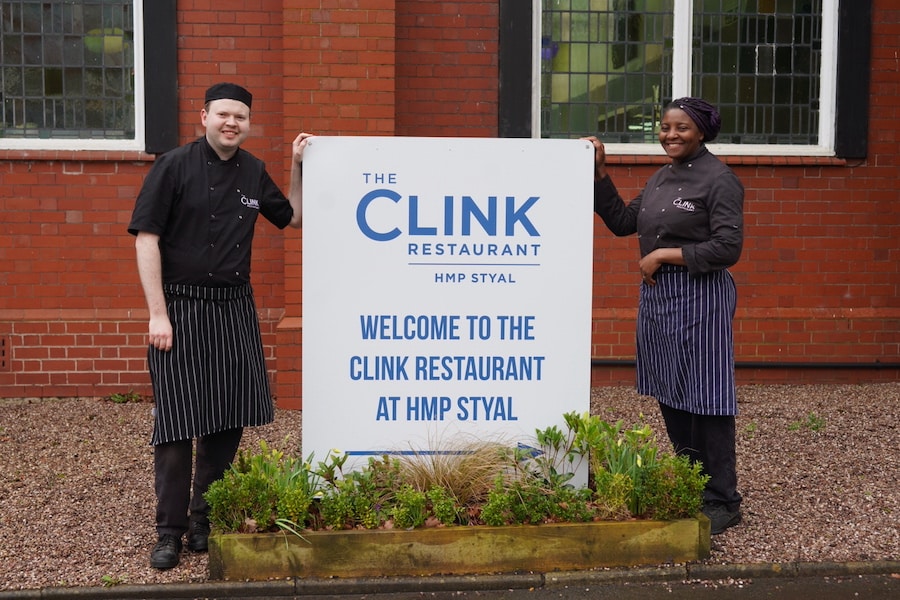Official advice on coronavirus following death of man in Manchester
- Written by I Love MCR
- Last updated 5 years ago
- City of Manchester, Community, Health & Wellbeing

A man in his 60s died at North Manchester General Hospital after testing positive for COVID-19, Public Health England confirmed on Sunday evening.
The total number of coronavirus cases in the UK is now 278, a rise of 72 since Saturday. This is the biggest jump in cases in a 24-hour period. According to figures from Public Health England, there are currently five cases in Manchester.
The third person to die in the UK after testing positive for coronavirus, the man in his 60s tested positive after travelling to Italy and had significant underlying health conditions, say officials.
“We can confirm that sadly a patient being treated for COVID-19 has died at our specialist regional Infectious Diseases unit at North Manchester General Hospital,” said a spokesperson for North Manchester General Hospital.
“The man in his sixties tested positive after travelling to Italy and had a number of underlying health problems. Our thoughts are with the patient’s family who are being supported by our specialist bereavement staff.
“North Manchester General Hospital remains open and all services and appointments are running normally. Patients with appointments and those visiting relatives at the hospital should attend as normal. This includes our Infectious Diseases Unit and associated services.
“There is no risk to staff, other patients, relatives and visitors as we have robust measures in place to deal with patients treated on our Infectious Diseases Unit.”
How to check if you need medical help
Health professionals are working to contact anyone who has been in close contact with people who have coronavirus.
Do NOT go to a GP surgery, pharmacy or hospital. Call 111 if you need to speak to someone. NHS 111 has an online coronavirus service that can tell you if you need medical help and advise you what to do.
Use this service if:
- you think you might have coronavirus
- in the last 14 days you’ve been to a country or area with a high risk of coronavirus – see NHS coronavirus advice for travellers
- you’ve been in close contact with someone with coronavirus
What are the symptoms?
The symptoms of coronavirus are:
- a cough
- a high temperature
- shortness of breath
But these symptoms do not necessarily mean you have the illness. The symptoms are similar to other illnesses that are much more common, such as cold and flu.
Call 111 if you are worried and need to speak to someone.
Do you need to self-isolate?
An emergency COBRA meeting today will assess whether the UK should officially move from the “contain” to the “delay” phase of the government’s plan to deal with coronavirus.
Currently, official advice recommends we only need to stay away from public places (self-isolate) if advised to by the NHS 111 coronavirus service or a medical professional.
The Department for Health and Social Care has said travellers returning from affected areas should self-isolate for 14 days at home, even if they have no symptoms.
Most people can continue to go to work, school and other public places, says current NHS advice.
How to self-isolate if you’re asked to
If there’s a chance you could have coronavirus, you may be asked to stay away from other people (self-isolate).
According to NHS advice, this means you should:
- stay at home
- not go to work, school or public places
- not use public transport or taxis
- ask friends, family members or delivery services to do errands for you
- avoid visitors into your home – it’s OK for friends, family or delivery drivers to drop off food
You may need to do this for up to 14 days to help reduce the possible spread of infection.
Read more about coronavirus self-isolation advice.
Advice for travellers and those returning to the UK
If you’re planning to travel abroad and are concerned about coronavirus, check the latest country by country travel advice on GOV.UK.
There are some countries and areas where there’s a higher chance of coming into contact with someone with coronavirus.
The Department for Health and Social Care has said travellers returning from affected areas should self-isolate for 14 days at home, even if they have no symptoms.
You may need to get medical advice if you’ve recently travelled to the UK from somewhere with a higher risk of coronavirus.
These places are:
- Cambodia
- China
- Hong Kong
- Iran
- Italy
- Japan
- Laos
- Macau
- Malaysia
- Myanmar (Burma)
- Singapore
- South Korea
- Taiwan
- Tenerife – only the H10 Costa Adeje Palace Hotel
- Thailand
- Vietnam
What you can do
The NHS has published advice about what to do to avoid catching or spreading coronavirus:
- wash your hands with soap and water often – do this for at least 20 seconds
- always wash your hands when you get home or into work
- use hand sanitiser gel if soap and water are not available
- cover your mouth and nose with a tissue or your sleeve (not your hands) when you cough or sneeze
- put used tissues in the bin straight away and wash your hands afterwards
- try to avoid close contact with people who are unwell
- you should NOT touch your eyes, nose or mouth if your hands are not clean
- This article was last updated 5 years ago.
- It was first published on 9 March 2020 and is subject to be updated from time to time. Please refresh or return to see the latest version.
Did we miss something? Let us know: press@ilovemanchester.com
Want to be the first to receive all the latest news stories, what’s on and events from the heart of Manchester? Sign up here.
Manchester is a successful city, but many people suffer. I Love Manchester helps raise awareness and funds to help improve the lives and prospects of people across Greater Manchester – and we can’t do it without your help. So please support us with what you can so we can continue to spread the love. Thank you in advance!
An email you’ll love. Subscribe to our newsletter to get the latest news stories delivered direct to your inbox.
Got a story worth sharing?
What’s the story? We are all ears when it comes to positive news and inspiring stories. You can send story ideas to press@ilovemanchester.com
While we can’t guarantee to publish everything, we will always consider any enquiry or idea that promotes:
- Independent new openings
- Human interest
- Not-for-profit organisations
- Community Interest Companies (CiCs) and projects
- Charities and charitable initiatives
- Affordability and offers saving people over 20%
For anything else, don’t hesitate to get in touch with us about advertorials (from £350+VAT) and advertising opportunities: advertise@ilovemanchester.com

Head down the rabbit hole for Adventures in Wonderland with Z-arts

Major rail investment set to transform Manchester-Leeds commutes

“His presence will be deeply missed” Children’s hospice bids farewell to their visionary CEO

Has Gordon Ramsay created Manchester’s ultimate bottomless brunch?

The Clink celebrates ten years of empowerment and second chances

















